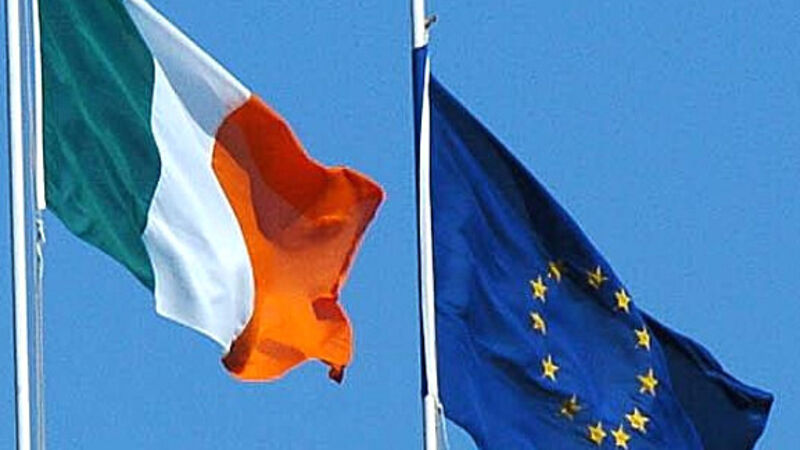Brussels Briefing: A weekly round-up of the most interesting news from Europe

Mon, 05 Oct, 2015 - 01:00
Ireland not among GMO opt-out states
Already a subscriber? Sign in
You have reached your article limit.
Subscribe to access all of the Irish Examiner.
Annual €130 €80
Best value
Monthly €12€6 / month
Introductory offers for new customers. Annual billed once for first year. Renews at €130. Monthly initial discount (first 3 months) billed monthly, then €12 a month. Ts&Cs apply.
CONNECT WITH US TODAY
Be the first to know the latest news and updates
CourtsColumnistsPlace: EuropePlace: ScotlandPerson: Ann CahillPerson: Francois HollandePerson: Angela MerkelPerson: Helmut KohlPerson: presidentPerson: Francois MitterrandPerson: MEPPerson: Marian HarkinOrganisation: IrelandOrganisation: GMOOrganisation: EUOrganisation: EnglandOrganisation: GMOrganisation: European CommissionOrganisation: European ParliamentOrganisation: MEPsOrganisation: European courtOrganisation: UkraineOrganisation: Freedom PartyOrganisation: European Court of JusticeOrganisation: Romanian National Health Insurance Fund














